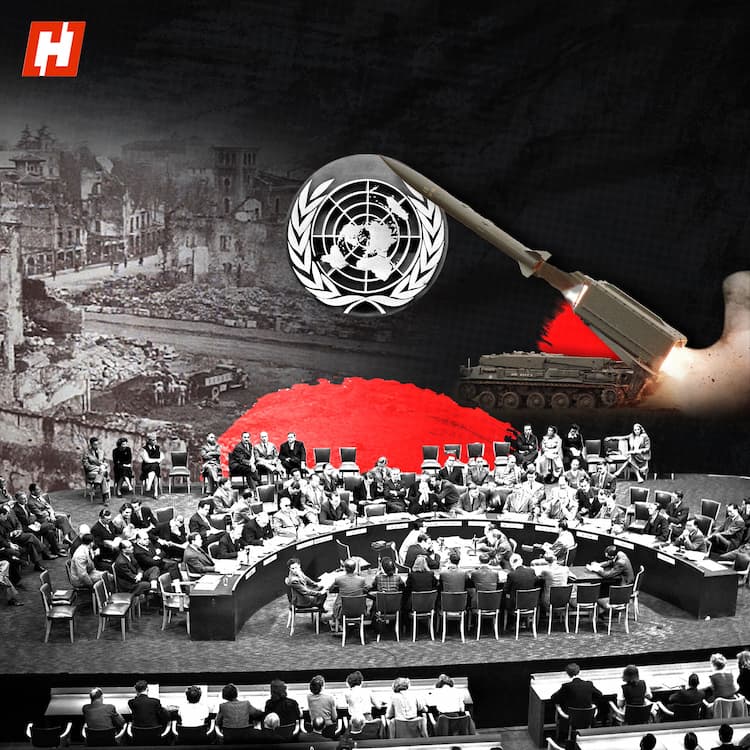Israeli forces launched multiple waves of airstrikes. At least eight locations have been targeted. Israel says the targets were linked to Iran’s nuclear and missile programmes.
Leading figures in Iran’s military and nuclear establishments have been assassinated. They include Major General Mohammad Bagheri, the Chief of Staff of Iran’s Armed Forces. He was the formal head of both of Iran’s militaries.
The conventional military, and the parallel Islamic Revolutionary Guard Corps. Bagheri was the senior-most military official in Iran, and he reported directly to the country’s Supreme Leader, Ayatollah Ali Khamenei. Another blow to Iran's military leadership is the assassination of Major General Hossein Salami, the head of the IRGC.
See Also: Netanyahu arms anti-Hamas gang in Gaza | A repeat of Fatah Vs Hamas playbook
Israel has also killed two leading Iranian nuclear scientists. Mohammad Mehdi Tehranchi was a theoretical physicist, and the president of the Islamic Azad University in Tehran. Fereydoon Abbasi was a Member of Parliament, a professor of nuclear physics, and a former head of the Atomic Energy Organization of Iran.
Israel’s attacks on Iranian nuclear scientists and facilities follow a report by the International Atomic Energy Agency, which is the United Nations’ nuclear watchdog. On Thursday, the IAEA passed a resolution against Tehran, saying that it was not complying with its nuclear nonproliferation obligations.
Iran responded by saying it would ramp up its nuclear programme. Iran said it is planning to build a third nuclear enrichment facility. This is in addition to the facilities at Natanz and Fordow. It seems Iran’s defiance gave Netanyahu the pretext he was looking for to launch his attack.
See Also: 4 dead in anti-Bolivian government protests ahead of 2025 election
Iran has always maintained that its nuclear programme is for peaceful civilian purposes. Ayatollah Ali Khamenei had issued a fatwa long ago against building nuclear weapons. But that isn't enough of an assurance, especially for the United States.
US President Donald Trump has been negotiating a new nuclear deal with Tehran. But Iran's insistence that it has the right to enrich Uranium has been a sticking point. The nuclear talks had been progressing slowly because of this, and that had angered Trump.
It seems Netanyahu used the impasse as a justification for his strikes. The Americans reportedly still want the next round of talks to take place. They are scheduled for Sunday. But has Netanyahu’s attack derailed any chance of a peaceful resolution?





